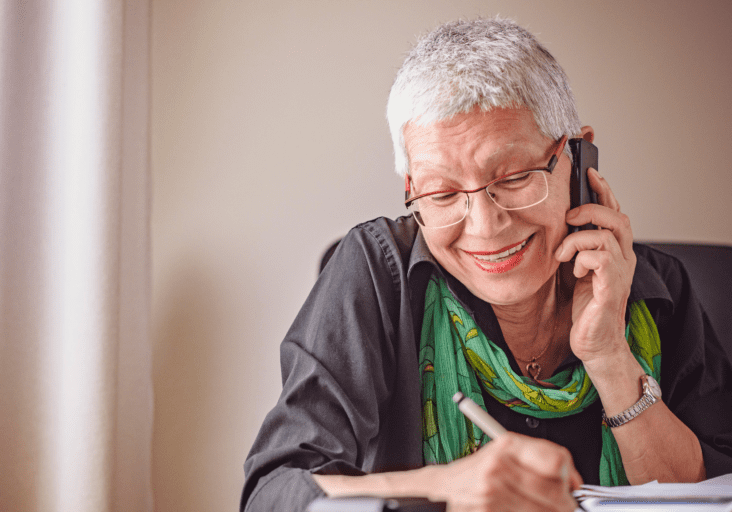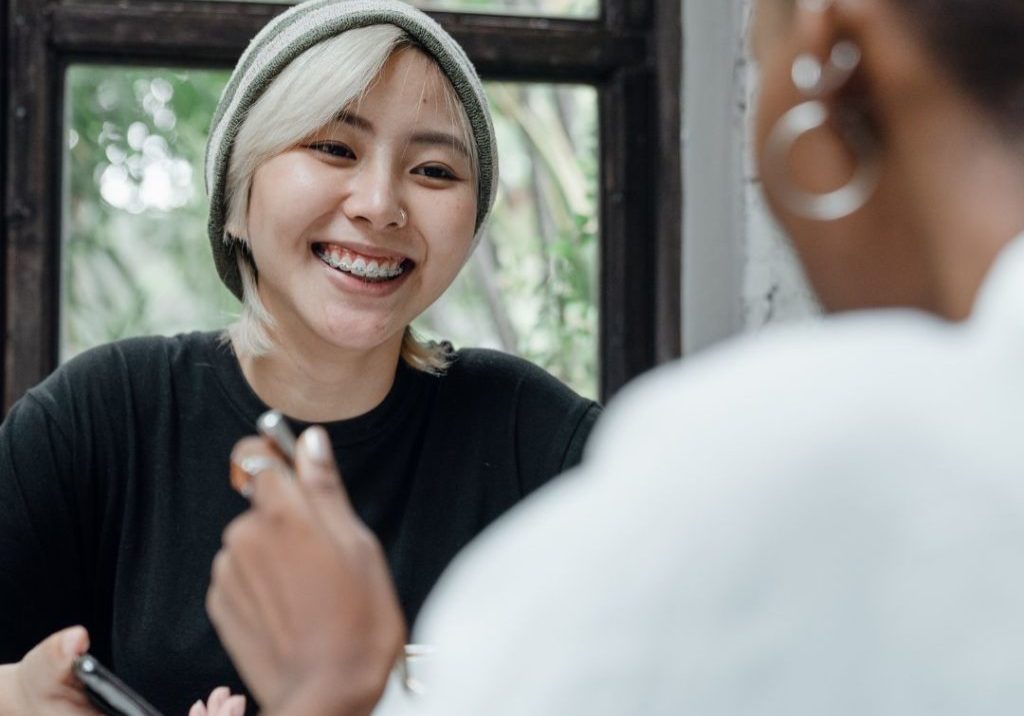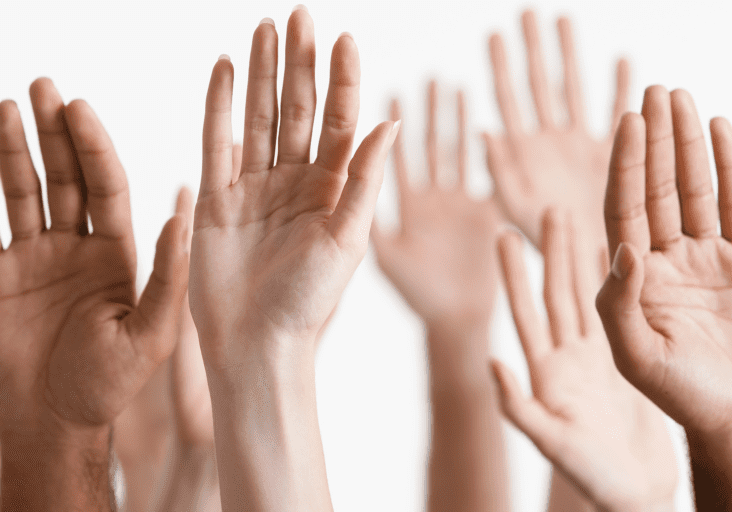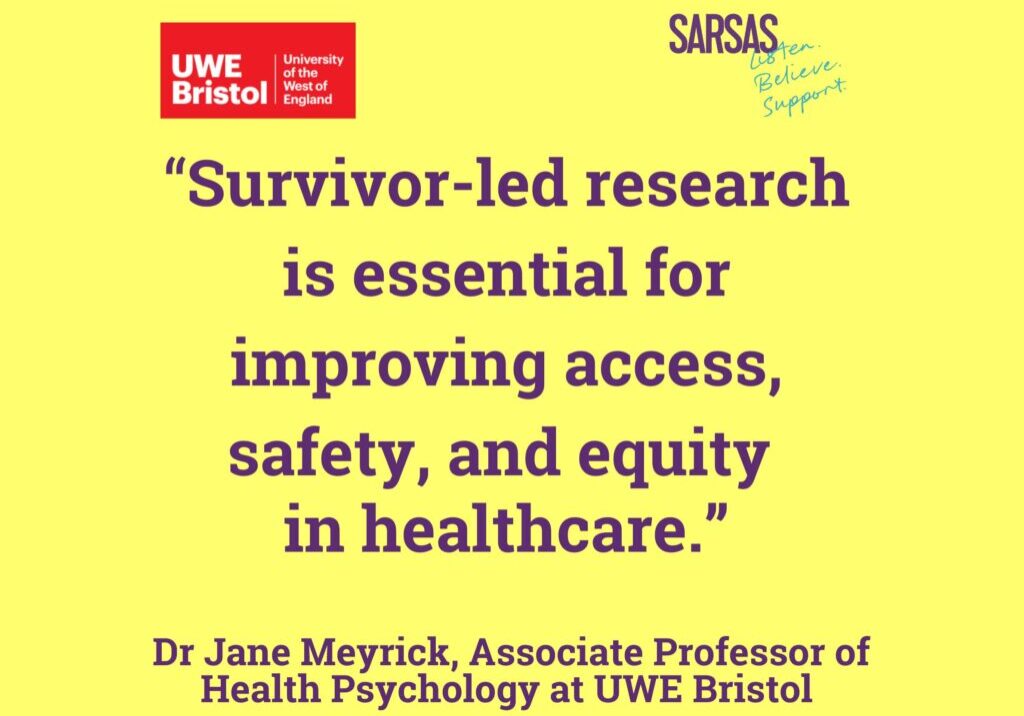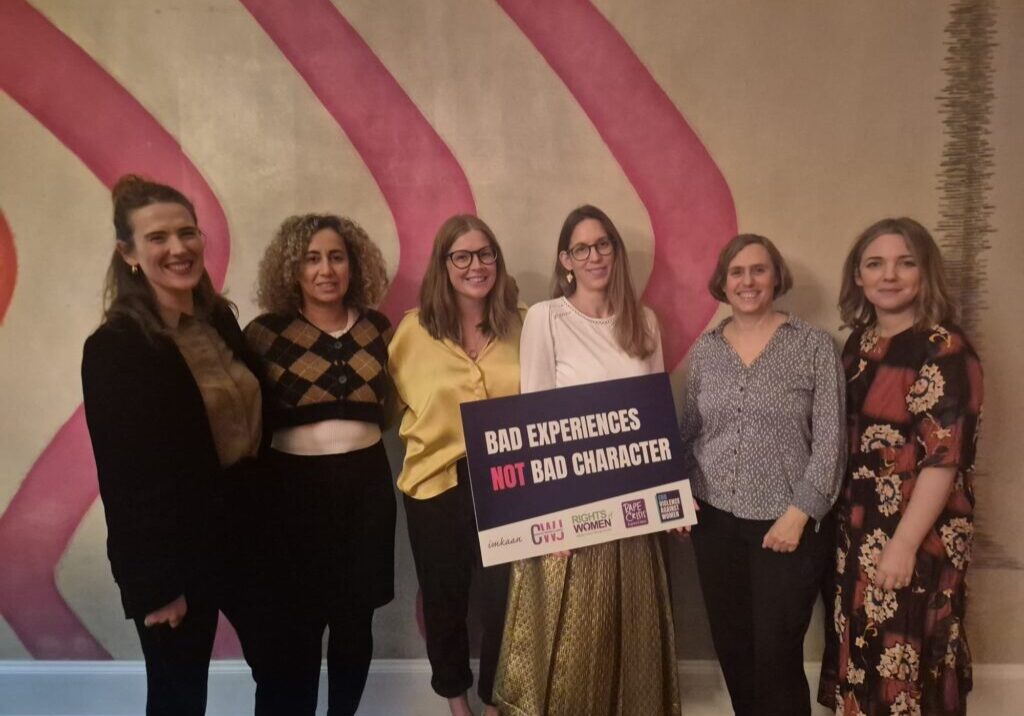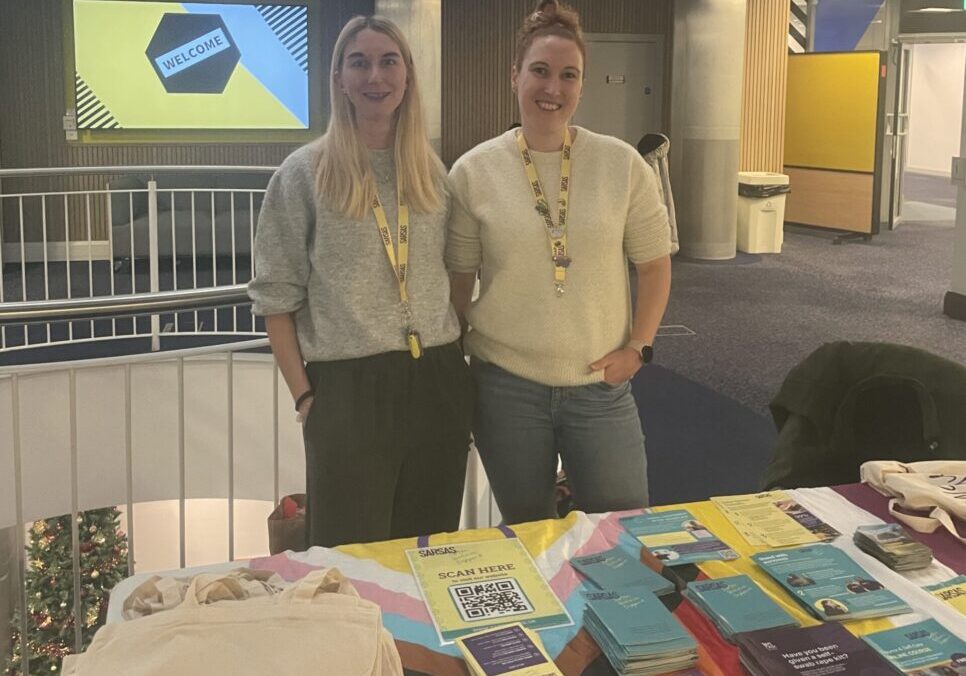Volunteering
Volunteers are at the heart of the work that we do. They provide thousands of hours of crucial and highly skilled support to survivors and our organisation every year.
There are a number of ways that you can get involved with supporting people affected by rape and sexual abuse. These range from offering emotional support and trauma information to victim-survivors through to administration, fundraising, campaigning, and being involved in decision making.
Volunteering with us provides you with the opportunity to develop your skills and experience, meet new friends and be part of a passionate team committed to ending gender-based violence.
We understand that there are many different reasons why you might give your time to SARSAS. We will explore these with you so we can support you on your volunteering journey with us.
We value our volunteers as part of our team and can offer you a thorough induction, ongoing support, additional training and development opportunities, and clinical group supervision.
You don’t necessarily need to have experience in support work or working with sexual violence and abuse to volunteer – your personal qualities, views, and commitment to supporting victim-survivors are more important. Our comprehensive training will equip you with the knowledge to build on your skills and experience.
For more information on volunteering at SARSAS, read our frequently-asked-questions.
Volunteering opportunities
We usually recruit volunteers twice a year in the Spring and early Autumn. All volunteering opportunities are advertised on our website and on social media. Keep an eye on our website and social media to keep up-to-date with any opportunities.
If you’re interested in our Helpline and Live Chat volunteer role, please email volunteer@sarsas.org.uk and we can let you know when we next open recruitment.
No post found!

